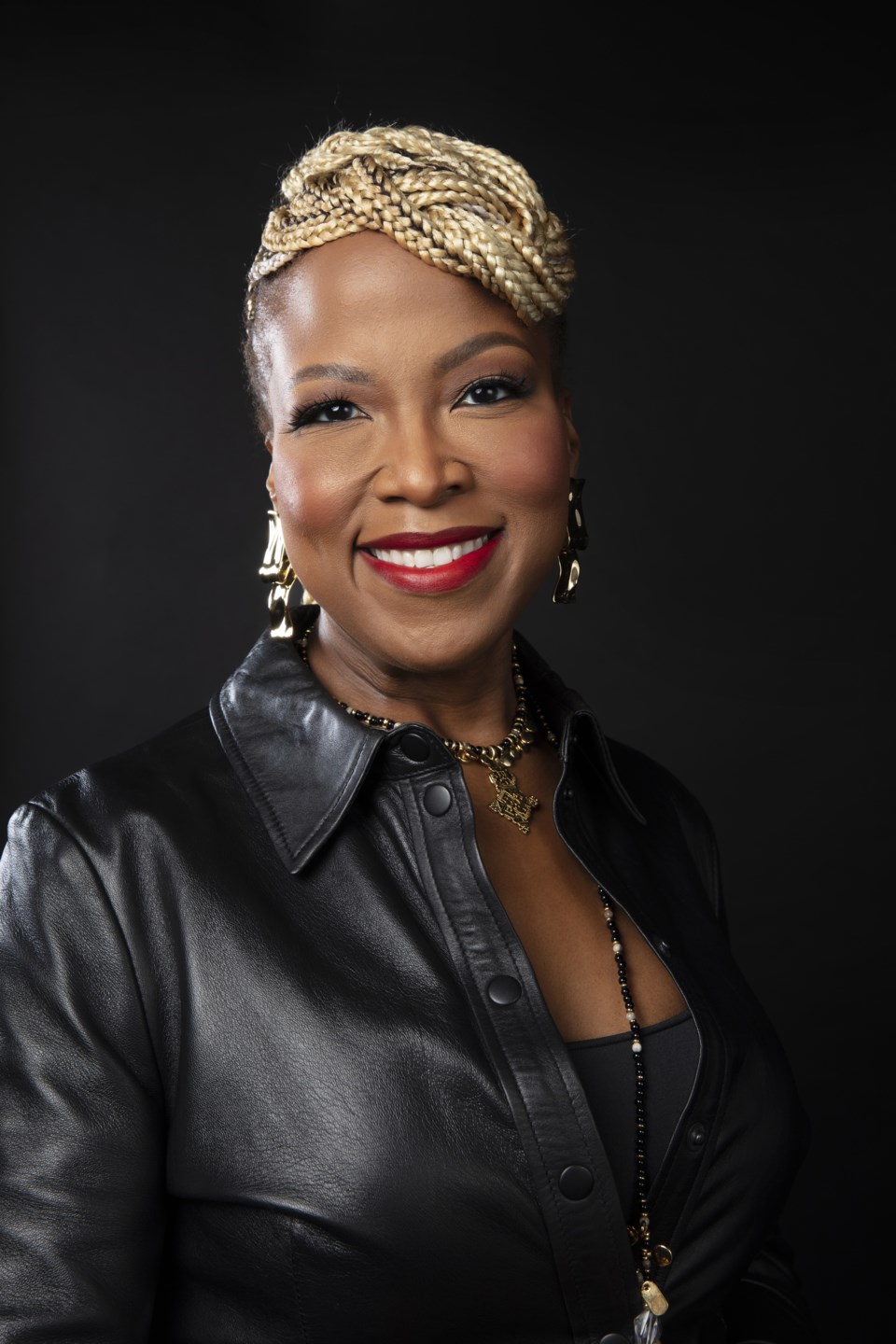Canada’s largest documentary film festival kicks off Thursday amid ongoing uncertainty over its finances, concerns over a mass staff exodus and a new president who says survival depends on reimagining it as a “leaner, meaner version.”
Hot Docs president Marie Nelson says economic constraints led organizers to apply“tighter curation” to this year’s edition, which will feature 168 documentaries — down from 213 last year — from 64 countries, with 51 world premieres.
The 11-day marathon opens with the U.S. doc “Luther: Never Too Much,” Dawn Porter’s portrait of the American R&B singer Luther Vandross, with Canadian highlights including Neil Diamond's "Red Fever," Barry Avrich's "Born Hungry" and Michael Mabbott and Lucah Rosenberg-Lee's “Any Other Way: The Jackie Shane Story.”
Nelson, who was tapped to lead last April, says the festival was disappointed to be left out of the federal budget, announced last week, after asking Ottawa for $2 million in emergency support.
She says Hot Docs proposed a "leaner, meaner version of the organization" that would be able to deliver its vision following losses incurred during the pandemic, which forced a two-year closure of the Hot Docs Ted Rogers Cinema.
“Really, we're in a situation where the future of the organization is in jeopardy. We were very much hoping that the government was going to be the partner to help us get to the other side,” Nelson says.
She says she is arranging meetings with federal ministries to “continue conversations directly” about securing funding.
Previously, Nelson was a senior vice-president at ABC News/Disney. She says she came to Hot Docs knowing it was a challenging time for the documentary landscape.
Nelson wouldn't detail Hot Docs' current financial straits but a publicly available filing with the Canada Revenue Agency for the fiscal period ending May 31, 2023 shows a $2-million shortfall.
"I came into the organization understanding that we were going to have to reimagine ourselves and that we were going to have to be nimble. Otherwise, our future would be imperilled," Nelson says.
She says despite coming from a massive conglomerate, her non-profit experience equipped her to handle a smaller organization.
"I've had the great benefit of having the tailwind of wonderful projects and large-scale teams but I also know what it means to operate without those resources and to be trying to fight for those resources on a daily basis."
She quickly found herself having to contend with far more than just financial woes, however. The organization's artistic director Hussain Currimbhoy and 10 programmers resigned last month just as the festival was set to announce this year's lineup.
In a joint statement issued at the time, former programmers described the organization as a "toxic workplace" that failed to respect protocol and dismissed or diminished team members' voices.
Nelson says Hot Docs conducted an internal investigation to address the programmers’ concerns and has offered to conduct a third-party investigation to make sure its policies and procedures are appropriate and were adhered to.
“We understand very much that these departures caused concern for members of our filmmaking community and our audiences and our stakeholders and all the folks who are deeply invested in the organization,” she says.
“I feel as though Hot Docs has pretty much done everything that could have been expected of it in this particular situation.”
While Nelson has invited programmers to return, she says none have taken up the offer. Instead, “others from within the documentary community have put their hands up to assist us in making sure that we can deliver against a strong program this year.”
"I care about the programmers, and they do an amazing job at Hot Docs, so I'm sorry to see people leaving," says Toronto director Larry Weinstein, whose film “Beethoven’s Nine” will make its world premiere at the festival.
"It's become a very difficult climate and I just hope that we have something to show in the end. I'm hoping the 31st Hot Docs isn't the last Hot Docs. I don't think it will be. I think people are very resourceful and find ways to keep going, especially documentary filmmakers and documentary programmers."
Veteran doc-maker Avrich heads to the festival with his look at Sash Simpson, who was raised in poverty in southern India before becoming one of Toronto’s top chefs. He says he believes the festival will be able to work through "the transition they're in."
“I think you have to separate what's going on at Hot Docs with the public belief and demand in documentaries,” said Avrich, a member of the Hot Docs board who was not speaking on behalf of the organization.
“There isn’t an arts organization anywhere in the world that is immune to issues.”
Nelson says she has commended the Hot Docs team internally for "showing up" for the Canadian film community and being dynamic and resilient.
Nelson says individual donors have “stepped up” their financial support since the festival launched an email campaign asking audiences for assistance earlier this year. But she says they still need the government’s help.
"We are worried that our days are numbered," she says.
"We remain concerned that this could be the last showing for the Hot Docs film festival unless the federal government comes to our aid."
This report by The Canadian Press was first published April 24, 2024.
Alex Nino Gheciu, The Canadian Press



